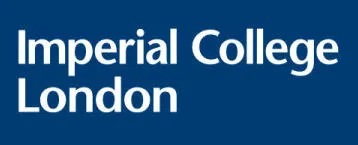Our research examines how locally made components of the defence system influence the acceptance of foreign tissue or cell grafts and whether the findings can be exploited for therapeutic and diagnostic purposes. Our work on the complement system of host defence has evolved new clinical tools that potentially detect or block activated components of the inflammatory response. These are currently being tested or adapted for use in organs and cells used for transplantation. A sugar signature found on damaged donor tissues that trigger the local inflammatory response has come from our work and is the next target for developing imaging and therapeutic agents. Our collaborations bring together basic concepts in immunology, stem cell biology, molecular genetics and imaging, and protein and cell therapeutics, with applications in diseases of the heart, kidney, liver, brain and eye.



